According to the cruise industry, no-one in federal or state government will listen to their arguments that cruising is among the safest holiday, thanks to new health protocols and hospital-style medical facilities aboard many vessels.
“Our discussions with government agencies have gone nowhere and our letters to the most senior levels of government have gone unanswered,” says CLIA Managing Director Australasia Joel Katz said recently. “Other countries have not only created detailed plans to uphold safety on cruise ships in response to the pandemic, but have already resumed cruising in a responsible way.
“More than a million passengers have sailed successfully in countries where cruising has resumed – with strict health protocols in place – but in Australia our calls for detailed discussions with health authorities have been ignored.”
Calls by Cruise Passenger to try and establish exactly what is being done to create the so-called “pathway to cruise” in Australia – the last country with a cruising pedigree to back a comeback – shows just how labyrinthine government can be when it wants to ignore a problem.
Cruise line bosses are convinced the Department of Health is to blame for not initiating progress.
But Canberra’s Health Department told us: “Discussions around a pathway for the resumption of cruising are ongoing. The Department of Infrastructure, Transport, Regional Development and Communications is leading this work.
“Operational requirements such as passenger testing, age limits and vaccination status of passengers will be determined by cruise operators and/or state or territory authorities.
“On 6 August 2021, National Cabinet agreed to adopt an updated four-phase National Plan to transition Australia’s national COVID response. Each phase of the plan will be triggered by reaching vaccination thresholds as based on scientific modelling.
“The resumption of cruise operations and other discretionary forms of travel is being considered in the context of the National Plan. International cruising is part of these considerations.”
Over at the Department of Infrastructure, Transport, Regional Development and Communications – with six ministers, headed up by Deputy Prime Minister Barnaby Joyce – a spokesperson told us they had no knowledge of their cruise role.
“We’ve been looking into this and the department does not currently lead on this, and we are unable to comment on the specific issues raised at this time. We would suggest checking with the Trade and Health ministers’ offices in the first instance to see if either is able to assist.”
And a spokesperson for the Akubra-wearing Mr Joyce said he had no knowledge of his new nautical responsibilities.
To be fair to the Department of Health, they were attentive and respectful of our questions, and answered in detail. Here’s what they told us in answer to our detailed questions:
“The resumption of cruising will be dependent on the capacity of state and territory health systems to respond to outbreak events, and the broader epidemiological situation in Australia. Any relaxation of requirements will be dependent on expert health advice and may be amended or reinstated at any time.
“The Department of Health is aware that cruising operations have resumed in some jurisdictions overseas. However, COVID-19 continues to represent a severe and immediate threat to human health in Australia and internationally. Cases internationally continue to grow, and the public health risk posed by international travel remains high.
“On 2 September 2021, the Governor General extended the human biosecurity emergency period to 17 December 2021, which also extends the cruise ship ban. An extension to the human biosecurity emergency period will be considered in due course.
“These restrictions are based on the expert medical advice of the Australian Health Protection Principal Committee (AHPPC). Advice regarding the emergency period and related restrictions such as the cruise ship ban are regularly reviewed by the AHPPC and will be refined to respond to changes in the global and domestic situation as appropriate.
“The recommendations from the NSW Special Commission of Inquiry into the Ruby Princess, the implications of the COVID-19 pandemic, internal audits conducted by Agriculture and the Inspector-General of Biosecurity (IGB) review (Confidence testing for at-border delivery of critical human biosecurity functions – the Ruby Princess cruise ship incident) have prompted review of the requirements for international cruise vessels by the Department of Health and the Department of Agriculture, Water and Environment (DAWE).
“The Department is working with DAWE on the implementation a new pre-arrival reporting and risk assessment process for cruise vessels. Consultation on these processes with industry counterparts and state and territory health departments is ongoing.
“The Australian Government will work closely with state and territories, national health committees and the industry to ensure that any return to cruise operations meets community expectations regarding the safety of guests and crew.”
We reported last week that at least two senior Liberals – Tourism Minister Dan Tehan and NSW Treasurer Dominic Perrottet – have agreed to press the case for a cruise return. But nothing can happen until there is a framework produced by federal ministries and supported by state governments.
Meanwhile lines like Carnival Cruises have moved their sailings out to January, next year. Royal Caribbean and P&O still have proposed sailings in December.
CLIA has now doubled down on a campaign that has seen 40,000 emails sent to politicians to convince them to address the return of cruise in Australia.
“Now that Australian governments have agreed on a four-phase plan for reopening with specific vaccination targets in place, we need to ensure cruising can be part of this plan,” Mr Katz said. “CLIA has outlined its own four-phase pathway to cruising’s revival, so we need governments to break the cycle of inaction and discuss how to put plans in place now so that we’re ready as conditions improve and vaccination rates rise.”
“Cruise tourism ordinarily supports more than 18,000 Australian jobs and contributes more than $5 billion a year to the Australian economy. The livelihoods of thousands of Australians have been devastated while cruising has been suspended,” Mr Katz said. “These people deserve clarity and a plan for the future, so we can begin to rebuild and revive economic opportunities for communities around our coasts.”
To join the Ready, Set, Sail campaign, visit www.ReadySetSail.com.au (now no longer a site) and use the template to reach MPs.

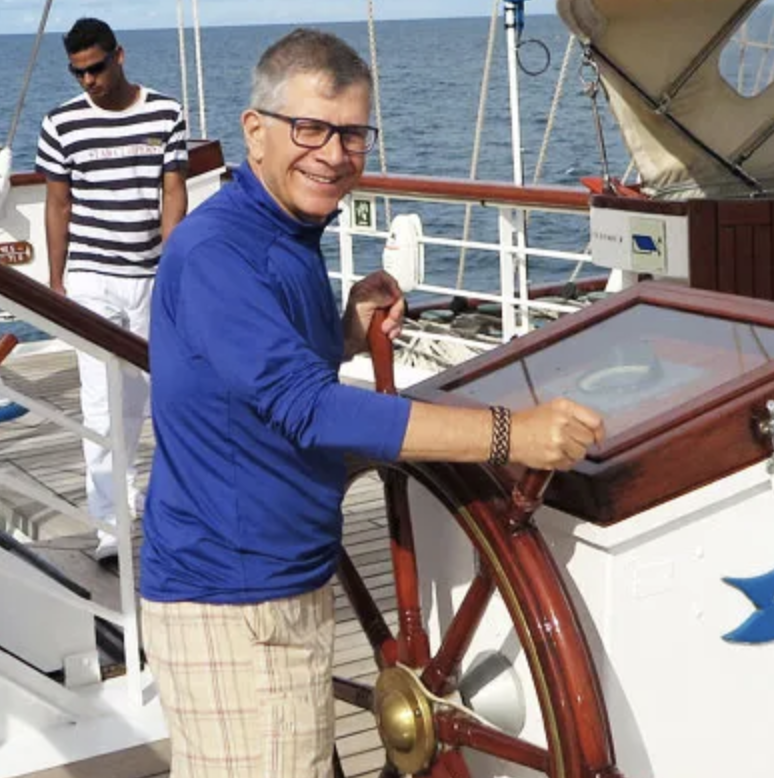
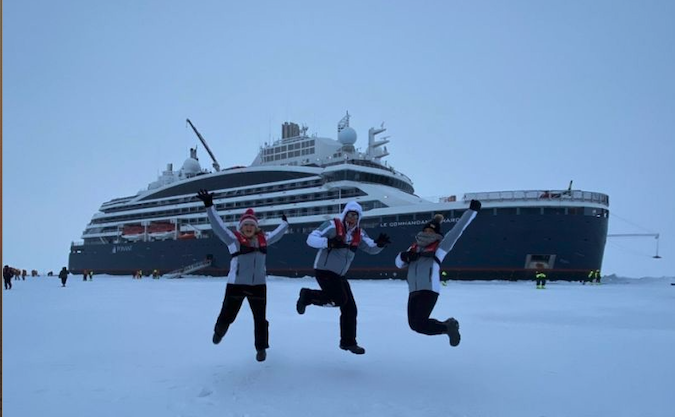
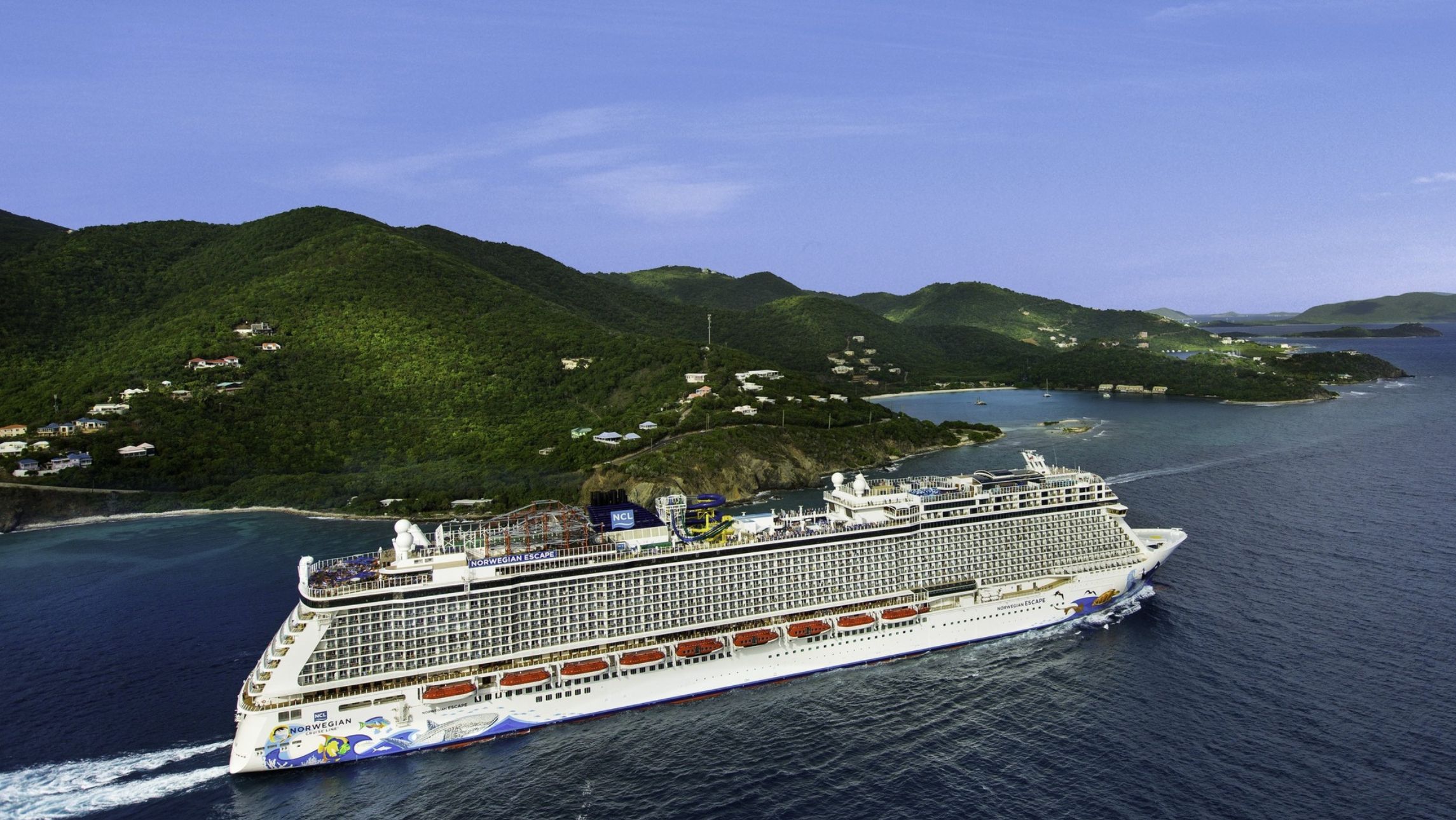
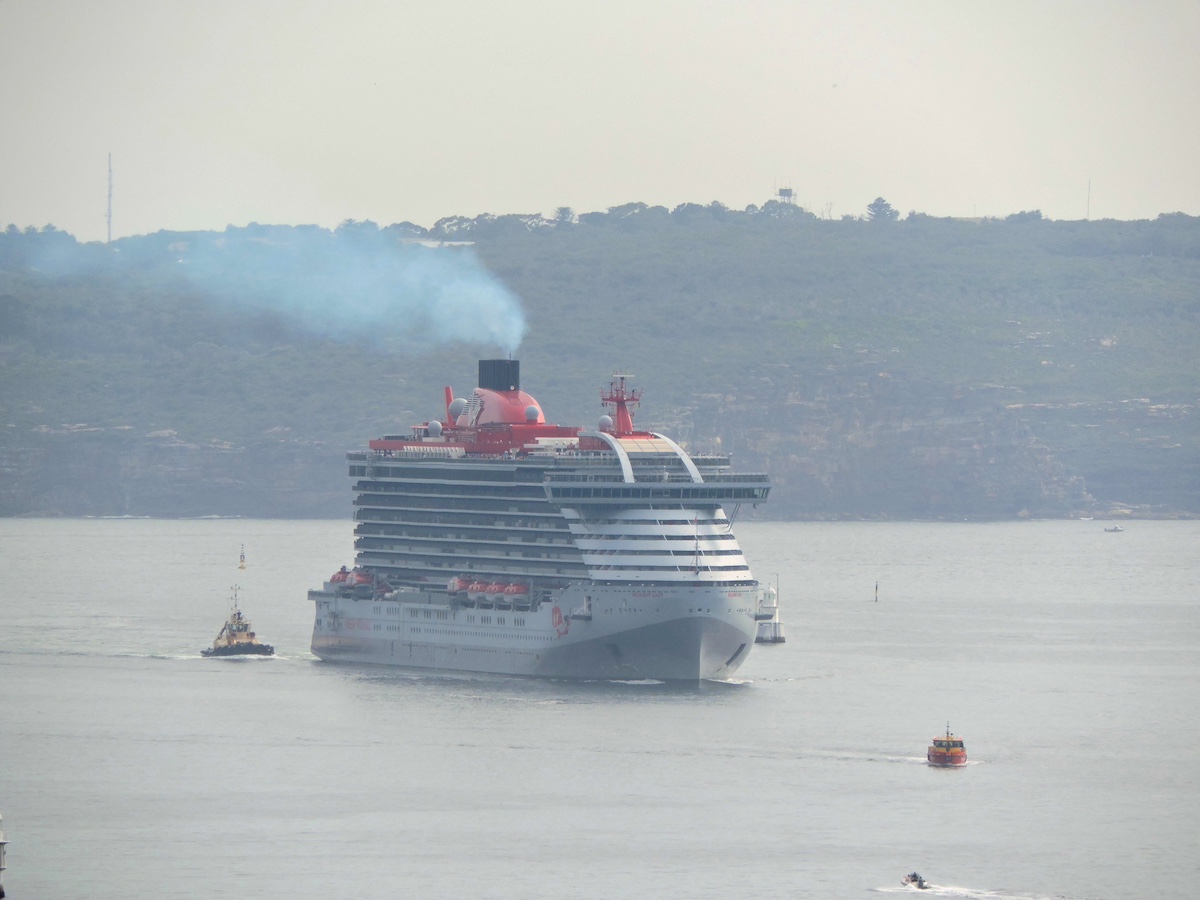



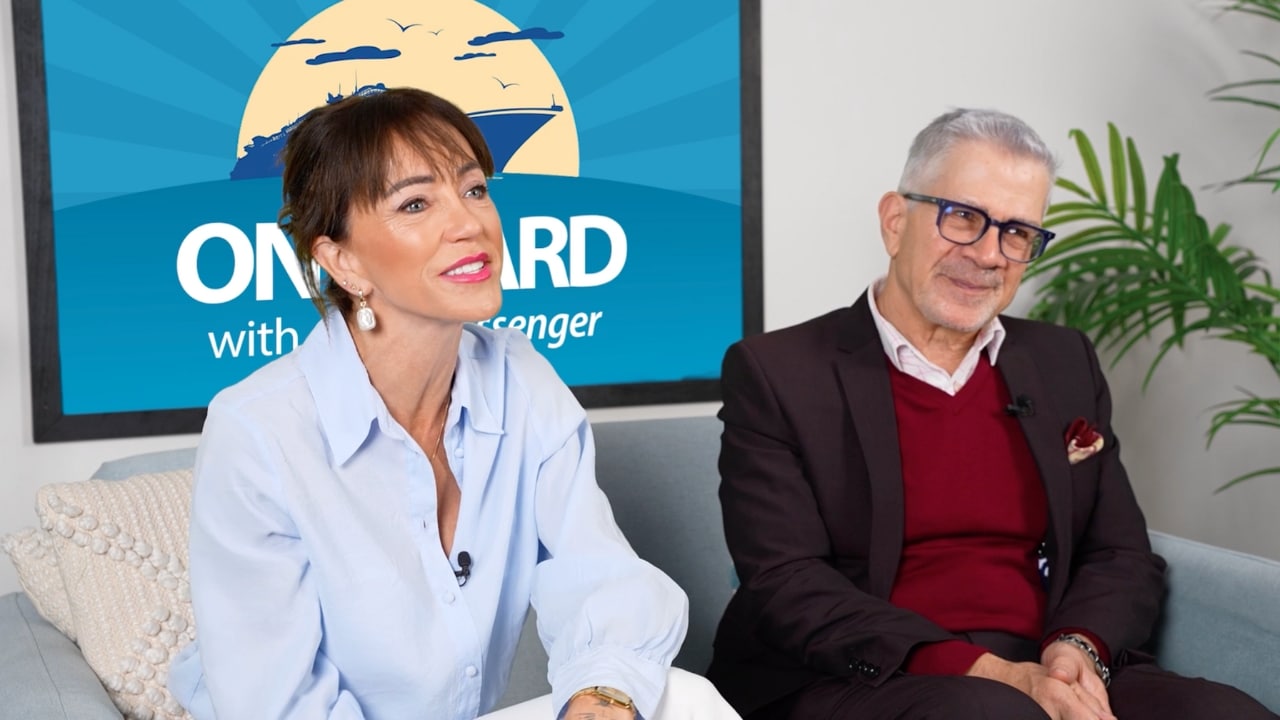

Our only choice will be to fly out of Australia and cruise to spend our travel dollars in foreign ports. I would much rather cruise from Australia to spend my travel dollars in Australian ports. The government has this week demonstrated it is not stuck in its ways by taking the lead with the submarines. Now please give us back the ships.
How about a class action from australian cruisers?
In the last two years all I have heard about is that the airline industry is suffering well hello so is the cruising industry, so are all the crew members of the ships, the farmers who supply the produce, and so on. Please bring back Australian Cruising ASAP I need a holiday and by the way…I AM FULLY VAXINATED
The gutless politicisation of covid 19 ensures premiers and unelected beaurocrats will maintain illogical decisioning towards our freedom of movement and cruising in particular.There needs to be a concerted legal backlash against this power hungry misuse of position, and more effort placed on furthering our god given rights as individuals, rather than sheep.
I think that at least the government can even tell the public what’s going on as I have personally had two years of cancellations two years of booked cruises only to New Zealand and have been cancelled come on government pull your head out of the sand and let’s get on with it I’ve been double vaccinated so what now
If Federal Ministers are not unsure of their ministerial responsibilities then they must resign immediately and let someone with more sense of responsibility to take hold of the reigns.
Our current Federal Government is no better than a muppett show, more interested in their own interests and not in the National interests. I liken them to a bunch of conmen.
Isn’t the other obstacle to getting cruising started again is the plan to have a percentage of Australian crew working on cruise ships home porting
I really don’t see Aussie staff working day and night like so many staff do
Terrible pay awful conditions on board
In your dreams !!!
Isn’t the other obstacle to getting cruising started again is the plan to have a percentage of Australian crew working on cruise ships home porting
I really don’t see Aussie staff working day and night like so many staff do
Terrible pay awful conditions on board
In your dreams !!!